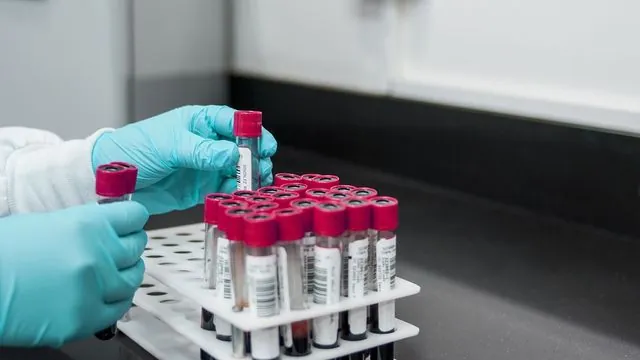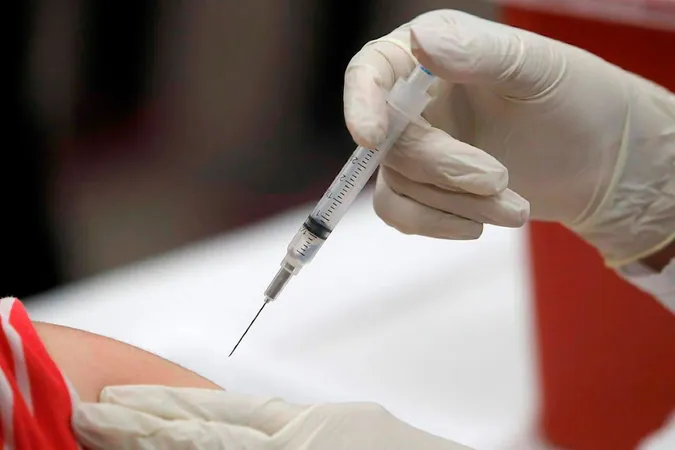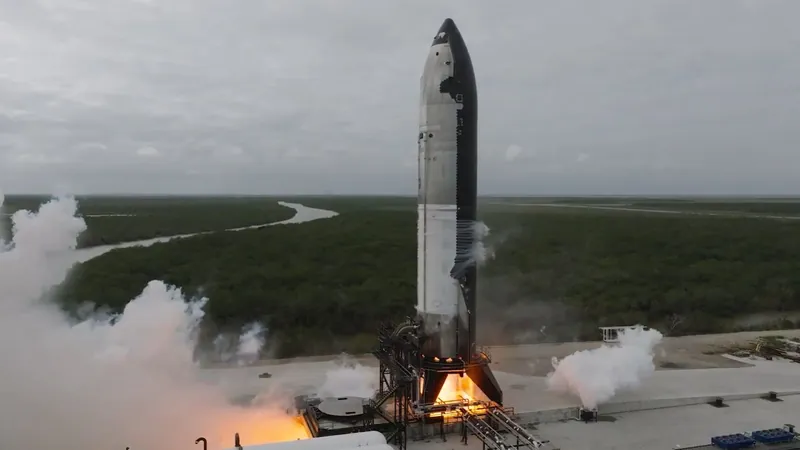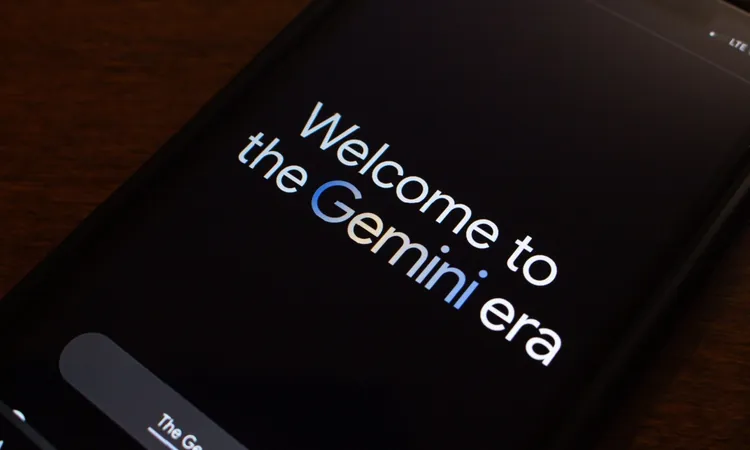
Revolutionary AI-Powered Blood Test Can Detect Breast Cancer at Its Earliest Stage!
2024-12-16
Author: Michael
Introduction
A groundbreaking new method developed by researchers now promises earlier detection of breast cancer than ever before, leveraging sophisticated AI technology in combination with advanced laser analysis techniques. Traditional breast cancer detection methods typically involve physical examinations, x-rays, ultrasounds, or biopsies. Most current strategies focus on screening individuals based on age or those deemed at-risk, leaving a significant gap in early detection for others.
The Innovative Approach
In a stunning advancement, scientists have successfully optimized a laser analysis technique known as Raman spectroscopy and paired it with machine learning – a type of artificial intelligence. This innovative combination allows for the identification of breast cancer at the elusive stage 1a, marking a dramatic shift in cancer screening capabilities.
Previous Attempts and Limitations
Previous attempts to apply similar methodologies to various cancers have only been able to detect diseases at a later stage, typically stage two. In this new study, researchers first project a laser beam into the blood plasma extracted from patients. The spectrometer captures the altered light properties that emerge after interaction with the blood, unveiling minuscule changes in the chemical composition of cells and tissues—early warning indicators of disease.
Accuracy and Effectiveness
What sets this study apart is a remarkable level of accuracy. In a pilot involving 12 breast cancer patients and an equal number of healthy individuals, the new method demonstrated an impressive 98% effectiveness in identifying cancer at stage 1a. Moreover, it accurately recognized all four major types of breast cancer with over 90% precision, enabling targeted, personalized treatment strategies tailored to the patient’s specific cancer subtype.
Implications for Medical Practices
By integrating this powerful screening test into routine medical practices, we stand to identify more individuals with breast cancer in its earliest, most treatable stages, significantly increasing the odds of successful treatment outcomes. The research team plans to further this work by expanding the study's participant pool and exploring early detection methods for other types of cancers.
The Future of Cancer Detection
With late-stage cancer diagnoses leading to the bulk of cancer-related fatalities, a pioneering blood test that can potentially screen for multiple cancer types will be transformative. Early diagnosis is pivotal for long-term survival, and with the introduction of this groundbreaking technology, we are on the cusp of a new era in cancer detection. Experts like Dr. Andy Downes from the School of Engineering passionately advocate for applying such innovations across various cancers while building a comprehensive database.
Conclusion
This revelation highlights the vast potential of AI and advanced technology in completely reshaping the landscape of medical diagnostics. Are we finally on the brink of conquering cancer? Stay informed and be part of the conversation—early detection could be the key to saving lives!









 Brasil (PT)
Brasil (PT)
 Canada (EN)
Canada (EN)
 Chile (ES)
Chile (ES)
 España (ES)
España (ES)
 France (FR)
France (FR)
 Hong Kong (EN)
Hong Kong (EN)
 Italia (IT)
Italia (IT)
 日本 (JA)
日本 (JA)
 Magyarország (HU)
Magyarország (HU)
 Norge (NO)
Norge (NO)
 Polska (PL)
Polska (PL)
 Schweiz (DE)
Schweiz (DE)
 Singapore (EN)
Singapore (EN)
 Sverige (SV)
Sverige (SV)
 Suomi (FI)
Suomi (FI)
 Türkiye (TR)
Türkiye (TR)